Premises Liability
PH: 813-224-0000
When an accident or injury occurs to a visitor or tenant living on another person’s property, the owner of the property may be liable (legally responsible) if it can be proved that their negligence led to the injury.
If you’ve suffered an injury of this type which you believe may be a result the negligence of another person, you may be able to file a lawsuit to recover the costs involved to pay for your medical bills, any lost earnings or other pain, disfigurement, emotional distress or permanent physical disability you have suffered. Injuries on properties can include those from:
Reacting to the Supreme Court’s initiative, the 2002 Florida legislature promptly passed Florida Statute section 768.0710, recognizing the duty of a business owner to keep the premises free of transitory foreign objects or substances which might forseeably give rise to injury. It provides as follows:
768.0710. Burden of proof in claims of negligence involving transitory foreign objects or substances against persons or entities in possession or control of business premises-
(1) The person or entity in possession or control of business premises owes a duty of reasonable care to maintain the premises in a reasonably safe condition for the safety of business invitees on the premises, which includes reasonable efforts to keep the premises free from transitory foreign objects or substances that might foreseeably give rise to loss, injury, or damage.
(2) In any civil action for negligence involving loss, injury, or damage to a business invitee as a result of a transitory foreign object or substance on business premises, the claimant shall have the burden of proving that:
(a) The person or entity in possession or control of the business premises owed a duty to the claimant;
(b) The person or entity in possession or control of the business premises acted negligently by failing to exercise reasonable care in the maintenance, inspection, repair, warning, or mode of operation of the business premises. Actual or constructive notice of the transitory foreign object or substance is not a required element of proof to this claim. However, evidence of notice or lack of notice offered by any party may be considered together with all of the evidence; and
(c) The failure to exercise reasonable care was a legal cause of the loss, injury, or damage.
Thus, a customer injured in this manner must prove only that the business failed to exercise reasonable care in the maintenance, inspection, repair, warning or mode of operation of the premises. The owner’s actual or constructive knowledge is no longer a required element of proving such a claim, but evidence of notice or lack thereof may still be considered together with all the evidence. In Melkonian v. Broward County Bd. of County Com’rs, 844 So.2d 785 (Fla. 4th DCA 2003), the court held that the existence of a foreign substance on the floor of a business premises that causes a customer to fall and be injured is not a safe condition and the existence of that unsafe condition creates a rebuttable presumption that the premises owner did not maintain the premises in a reasonably safe condition. Thus, once the plaintiff establishes that he or she fell as a result of a transitory foreign substance, a rebuttable presumption of negligence arises. At that point, the burden shifts to the defendant to show by the greater weight of the evidence that it exercised reasonable care in the maintenance of the premises under the circumstances.
Call Michael Winer – Injury Attorney- (813) 224-0000.
UNPARALLELED SERVICE
MAXIMUM RESULTS
UNENDING DEDICATION
By you using this website and the electronic mailbox contained within, you agree not to transmit any case-related documents, including, but not limited to, pleadings, service of process, correspondence or any other case-related documentation of a time-sensitive nature.
YOU ARE NOT ESTABLISHING AN ATTORNEY-CLIENT RELATIONSHIP BY COMPLETING THIS FORM. YOU ARE NOT A CLIENT UNLESS AND UNTIL YOU RECEIVE A SIGNED WRITTEN REPRESENTATION AGREEMENT FROM THE FIRM.
© 2024 • All Rights Reserved • 05/30/2025 12:05 pm



